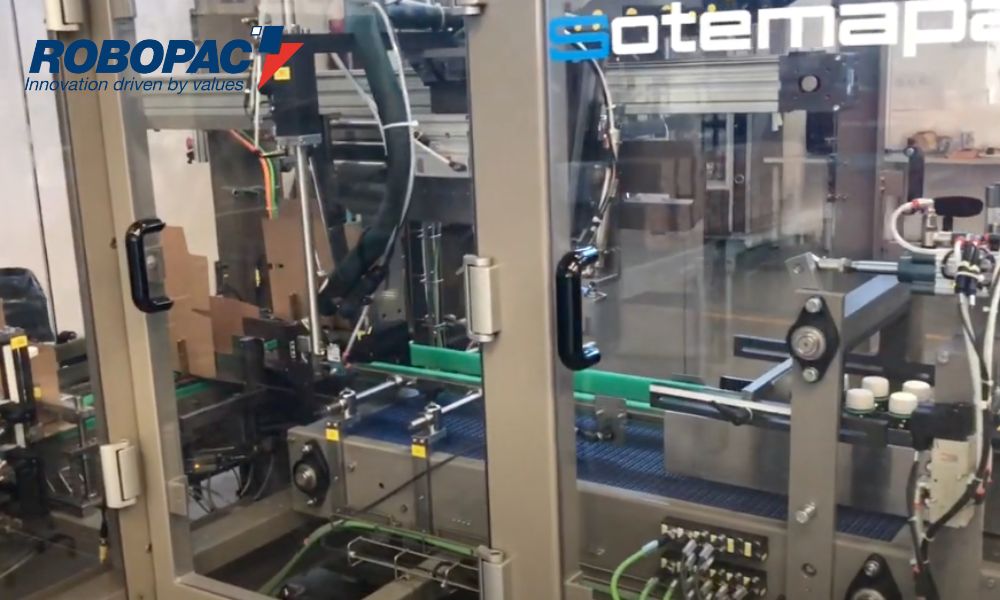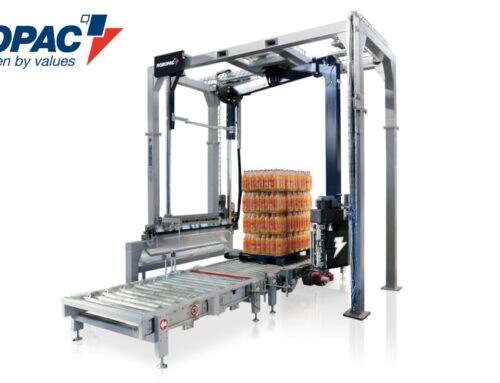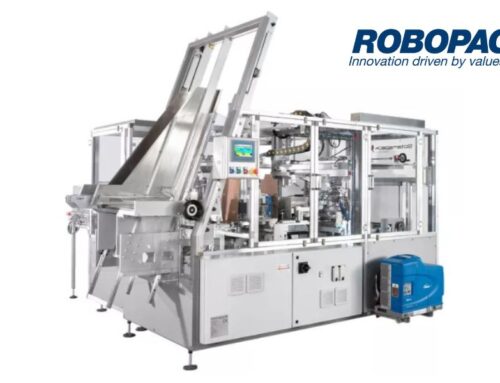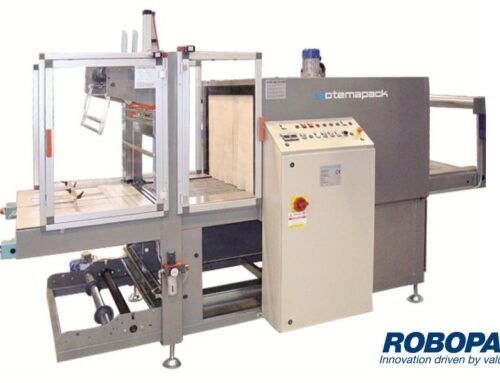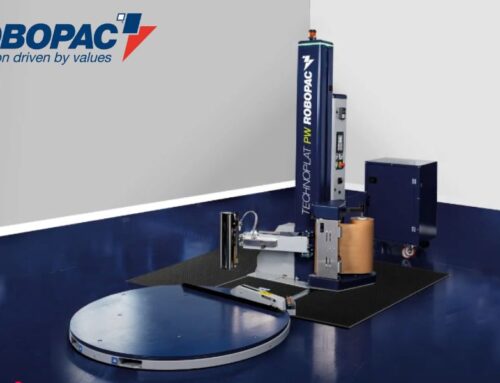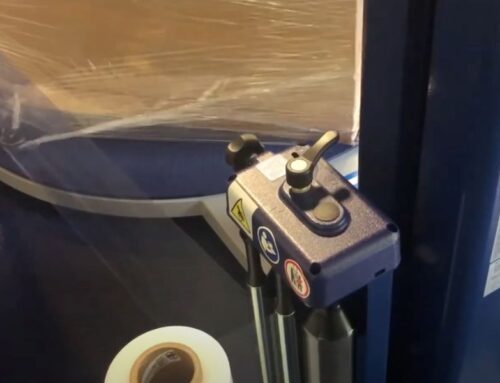Case packers and cartoner machines serve distinct roles in packaging products and meeting production goals. Understanding the difference between case packers and cartoners can help you choose the right machine for your business. Take a closer look at the different processes these common devices fulfill and how they meet logistics and retail needs.
Functionality
Case packers are designed for secondary packaging, typically placing products into larger shipping boxes. These machines are essential for businesses that need to prepare bulk shipments for distribution or warehousing.
Cartoners, on the other hand, focus on primary packaging. They assemble flat-packed cartons, fill them with individual products, and seal the cartons for retail-ready presentation. This makes them a go-to solution in industries that require precise and consistent packaging of consumer-facing goods, like food or cosmetics.
Packaging Type
Another key difference between case packers and cartoners is the type of packaging material each machine handles. Case packers work with rigid corrugated boxes or cases, which are ideal for heavy-duty shipping purposes. This type of packaging ensures products are well-protected during transit.
Cartoner machines, in contrast, use folding cartons that are more lightweight and typically designed for aesthetic appeal. These cartons are often printed with branding and product information, making them ideal for store shelves but less suitable for distribution purposes.
Product Placement
The way products are placed also varies significantly between the two machines. Case packer equipment handles and groups multiple units into one large box. These machines can securely place bags, pouches, bottles, cans, and cartons into cases for shipping and handling.
Cartoners typically deal with one or a small number of products per carton. They excel in packaging single retail-friendly products, such as snack items, toothpaste, or small electronics, into individual cartons.
End Use
The ultimate purpose of case packers and cartoners reflects a major distinction. Case packers are geared toward supply chain and logistics operations. They prepare goods for storage or bulk shipment, ensuring the products arrive at warehouses or retailers safely.
Cartoners are designed for the retail market. They package individual products in cartons that are visually appealing and ready for direct sale to consumers, bridging the gap between production lines and store shelves.
Case packers and cartoners serve vital yet distinct roles in the packaging process. Case packers handle secondary packaging for bulk shipment and storage, while cartoners focus on primary packaging for retail-ready products. Invest in these machines to meet your packaging goals, whether it’s preparing goods for transport or creating attractive packages for consumers.

